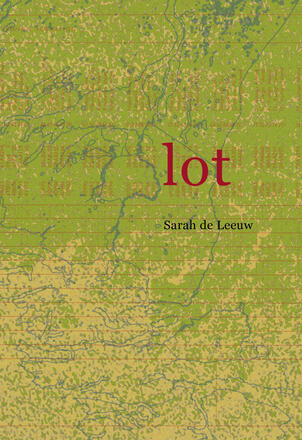
In Lot, award-winning poet Sarah de Leeuw considers the ways in which words and languages form and embolden coloniality and create unequal imaginings of—and power in—place.
Description
In Lot, award-winning poet and essayist Sarah de Leeuw returns to the landscape of her early girlhood to consider the racial complexities of colonial violence in those spaces. Following loosely as a companion to Skeena (Caitlin Press, 2015), Lot is written entirely of couplets, mirroring the two main islands of Haida Gwaii, and draws on lyric traditions, assemblage, and investigative poetry techniques to re-imagine geological and anthropological data, re-read colonial documents, and interrogate the role of language in centering stories of white supremacy on and about the islands.
Written in a time of ostensible Truth and Reconciliation in lands now called Canada, a time when the Government of British Columbia has declared support for the United Nations Declaration on the Rights of Indigenous Peoples but continues to arrest Indigenous peoples in their homes and on unceded lands, Lot draws a firm, and yet poetic, line between historic and present-day white-Euro-colonial violence. Through structure, form, and sound, the poems in Lot insist on the possibilities of poetry to create better worlds, to utter something anew.
Reviews
“When I think ‘poetic voice’, I think about transforming, informing and transcending from the obvious to equivocal. Sarah de Leeuw’s poetic voice does this and so much more in her new collection of poetry, Lot. ‘It is light and dark;’ it is ‘intellectually, and moral(ly) superior to any others.’ The command de Leeuw has with poetic language and insight is astounding. This book is ‘bones and star solid’ starkly honouring one of Canada’s treasures—Haida Gwaii. Read it! And you will see.”
—Garry Gottfriedson, Secwepemc poet, author of Glass Tepee, Skin Like Mine, and Clinging to the Bone
"How do we talk about the history of this land? How do we talk about the ruptures of colonization? How do we talk about naming, un-naming, and re-naming? How do we talk about the violences of language? Sarah de Leeuw's Lot engages with all of these questions through a long poem that drifts through language in the sense that it refuses capture and containment. To draw a line around what this work is would do a disservice to de Leeuw's project of exploding boundaries. Lot is about existing in relation to land and place. Lot is about resilience and hope. Lot is essential."
—Jordan Abel, author of NISHGA, Injun, and The Place of Scraps

